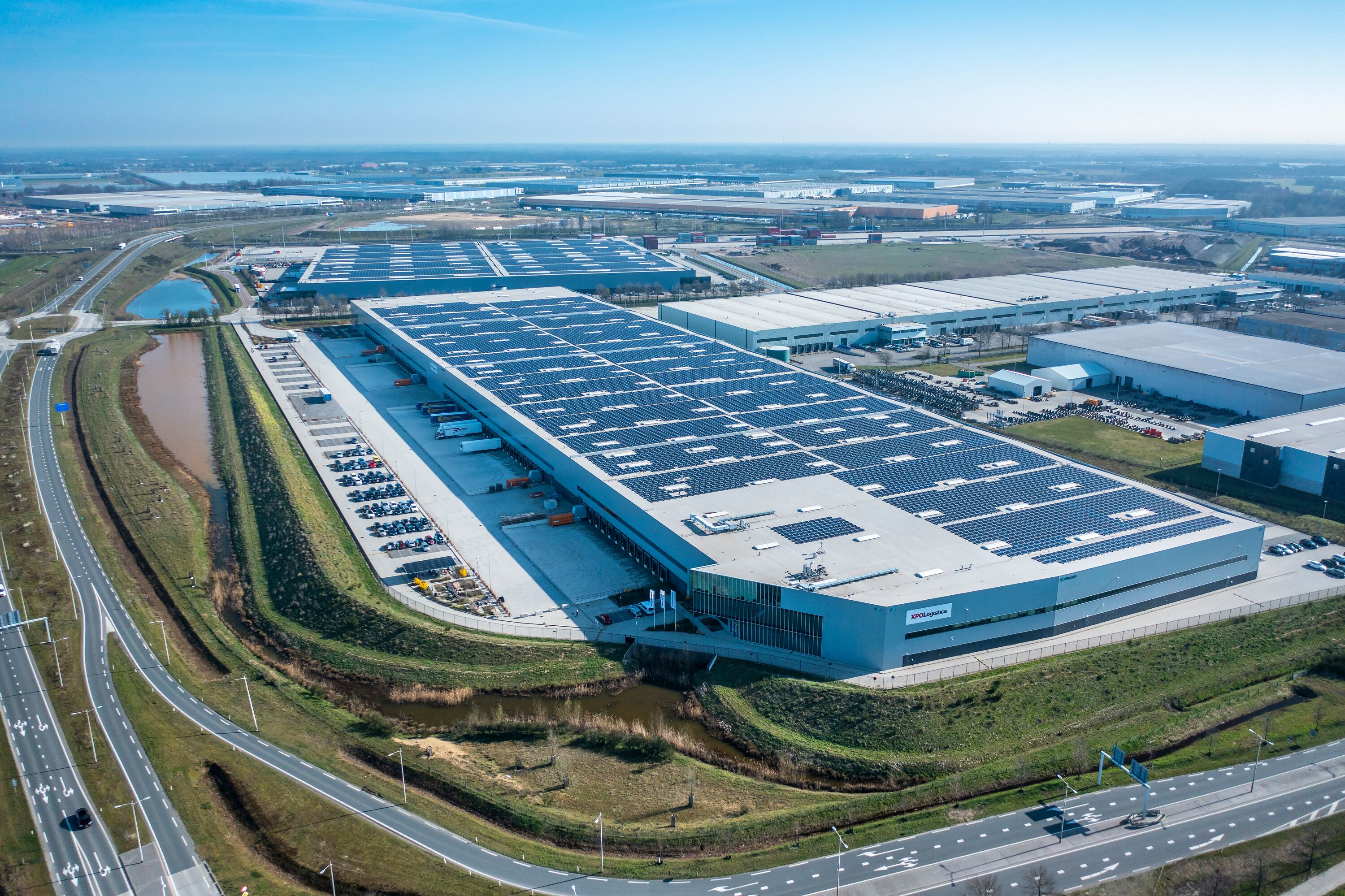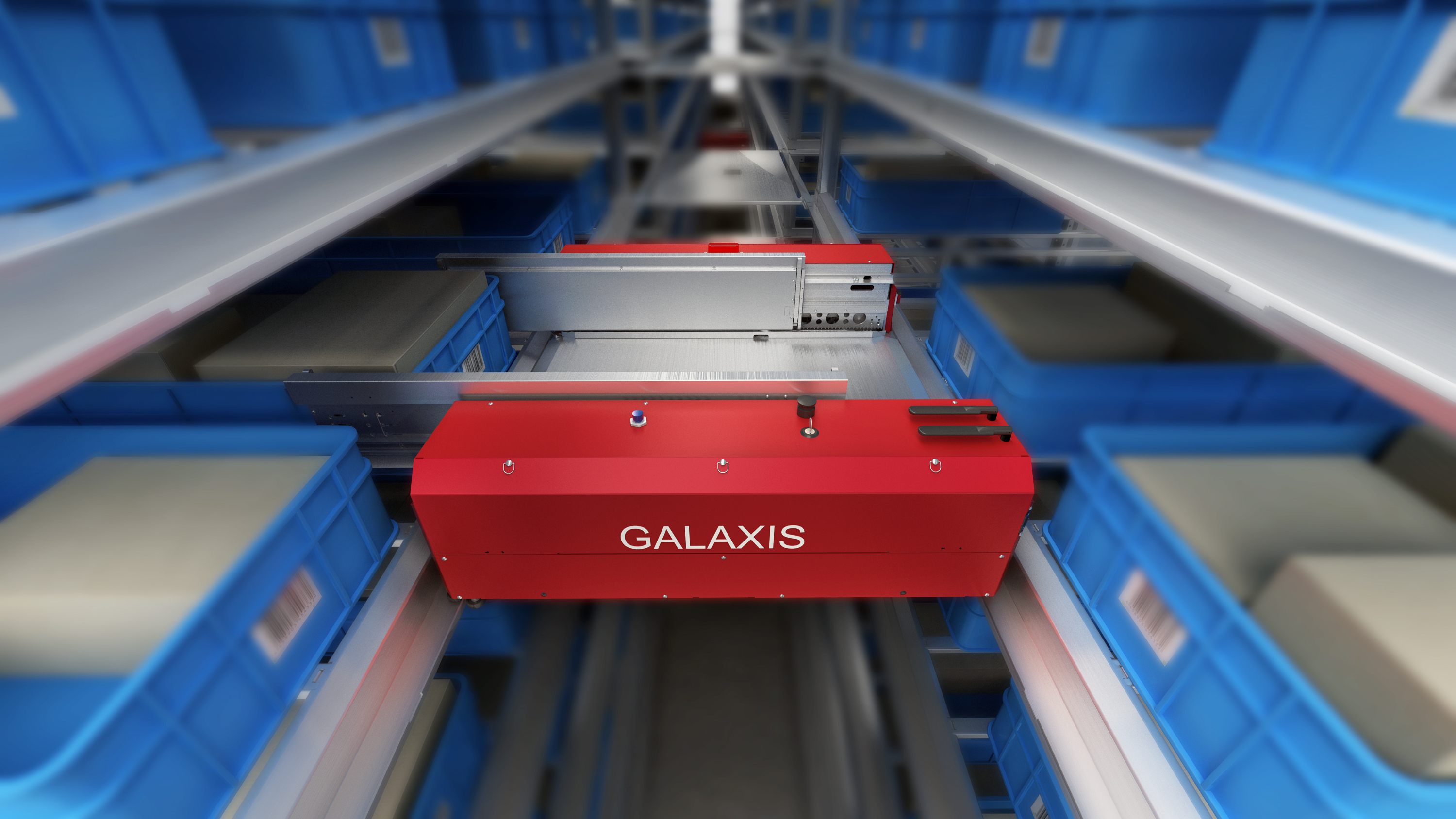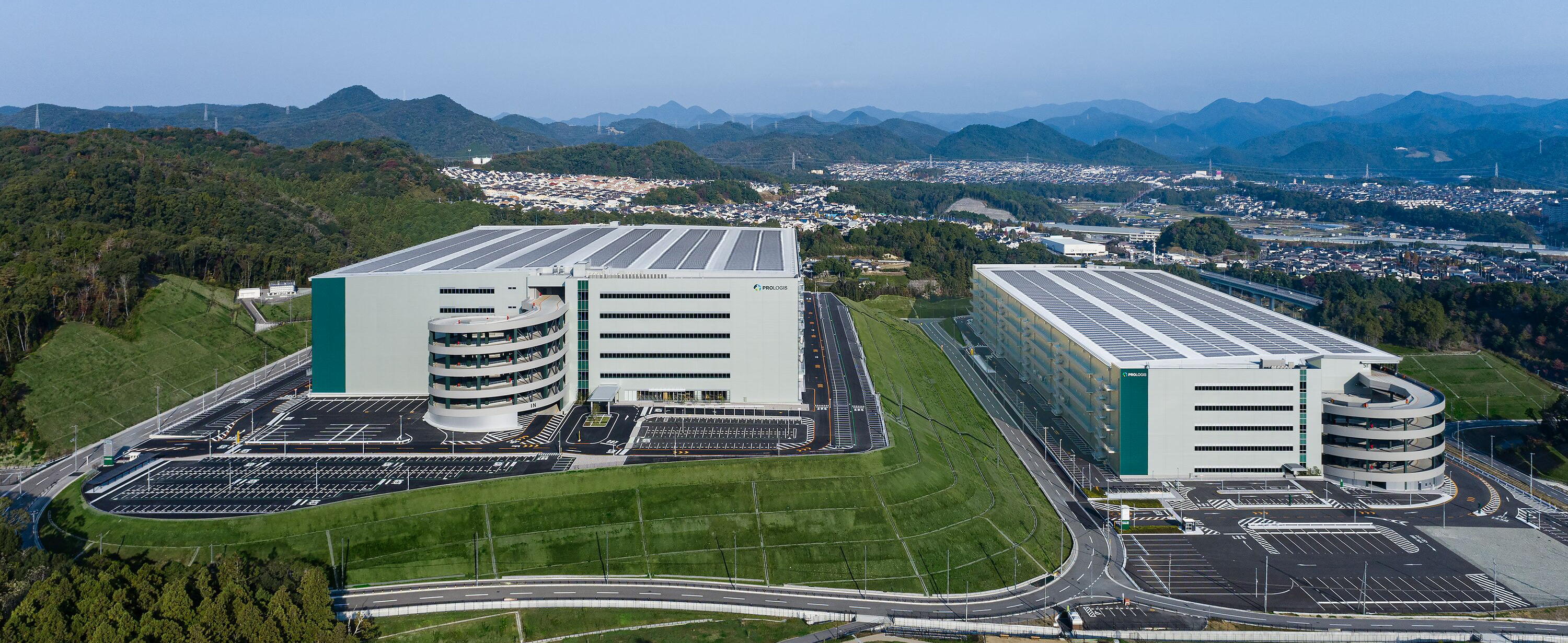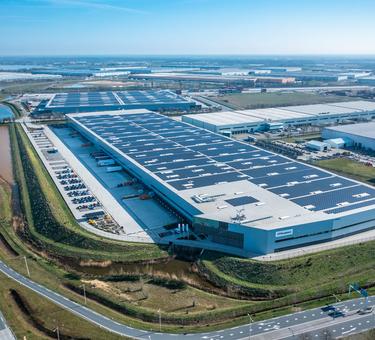
The Made in China 2025 initiative is accelerating the growth of a smart and lean Chinese manufacturing industry. Logistics innovations based on the Internet of Things (IoT), artificial intelligence (AI) and big data are set to create a new momentum for the digital transformation of the supply chain.
China’s logistics industry looks to technological change to speed up digitalization
In just a matter of hours, fresh hairy crabs and western Sichuan waxberries can be transported by a drone from their place of origin to the tables of urban residents. Compared with traditional transportation, drones are highly flexible and can be adapted for many different uses. They offer greater advantages in the distribution of special goods, such as medical supplies and fresh food. This represents a new horizon of operational effectiveness that is reflected in the industrial value brought by logistics innovations and infrastructure.
For example, a large number of drugs and meals in epidemic-stricken areas in China have begun to be delivered by unmanned robots. The demand for digital and smart logistics solutions in the pharmaceutical and food industries is certainly on the rise.

As information technologies, such as IoT, AI and big data, are increasingly integrated with traditional logistics, innovative supply chain management models have been constantly developed and improved upon. This has set the stage for the digital transformation of China’s logistics and supply chains.
“Over the past 20 years, China’s innovations have been beyond my own imagination,” says Dr. Gu Chunguang, founder of Galaxis Technology and former COO of SF Express. “This provides a strong support for the development of the logistics industry.”
Dr. Gu also points out how the promotion of new energy has influenced the whole logistics industry. In the future, the use of clean energy, such as wind, solar and nuclear power, in China is expected to grow tenfold. This will create new growth drivers to accelerate industrial transformation.
The New Energy Automobile Industry Development Plan (2021-2035) issued in 2020 emphasizes the growing importance of green logistics going forward.
In response to this trend, Prologis has installed EV charging stations and solar systems in all of its logistic parks around the world. These can help customers cut electricity bills and, ultimately, achieve their carbon reduction goals.
Prologis is empowered by game-changing technology to build smart industrial infrastructure
Drones, autonomous vehicles, robots and automated production illustrate how technology has disrupted a variety of different industries. More and more companies are counting on technological advances to enable the transformation of the supply chain industry. At the same time, the emergence of new technologies also means increasingly demanding requirements on smart logistics infrastructure.
In Hyogo, Kobe, Japan, Prologis Park Inagawa features an intelligent system based on IoT and big data that monitors vehicles in real time to improve overall logistics efficiency.

By combining smart manufacturing and “Internet+”, Prologis has invested heavily in the development of innovative storage and logistics products and technologies. This forms part of Prologis’ response to the shift towards a low-carbon and smart industrial supply chain.
Technological innovation is providing a consistent driving force. A green and smart supply chain system not only calls for innovative concepts, but also new technology breakthroughs. Innovation holds the key to building an smart logistics industry. It performs a vital role in helping enterprises cope with changes in the supply chain market.
